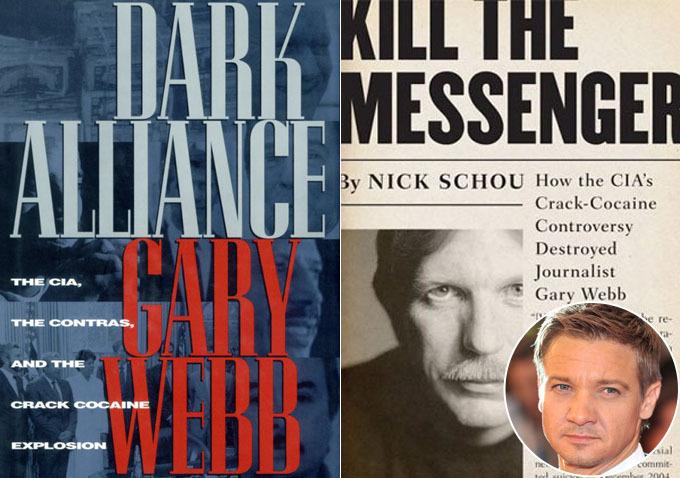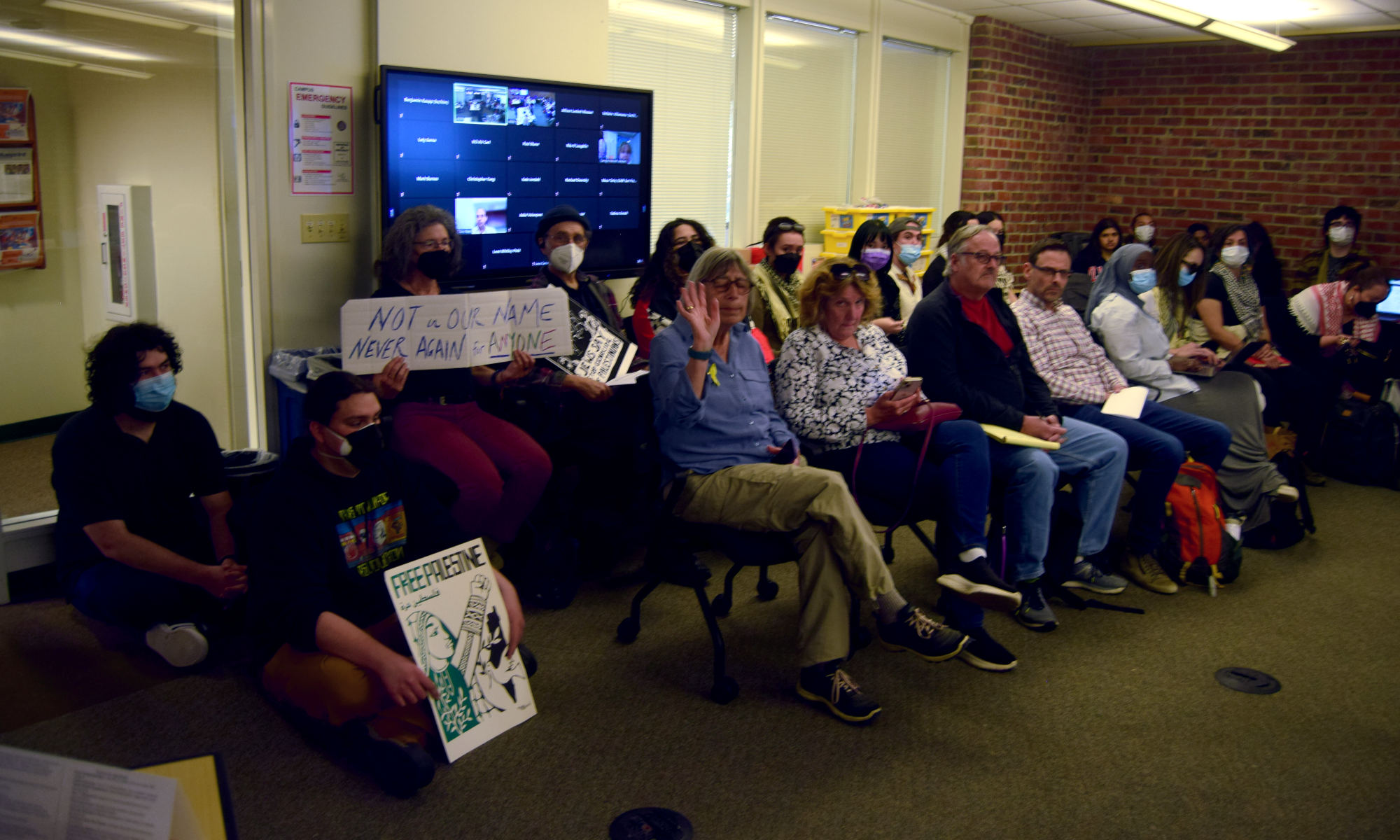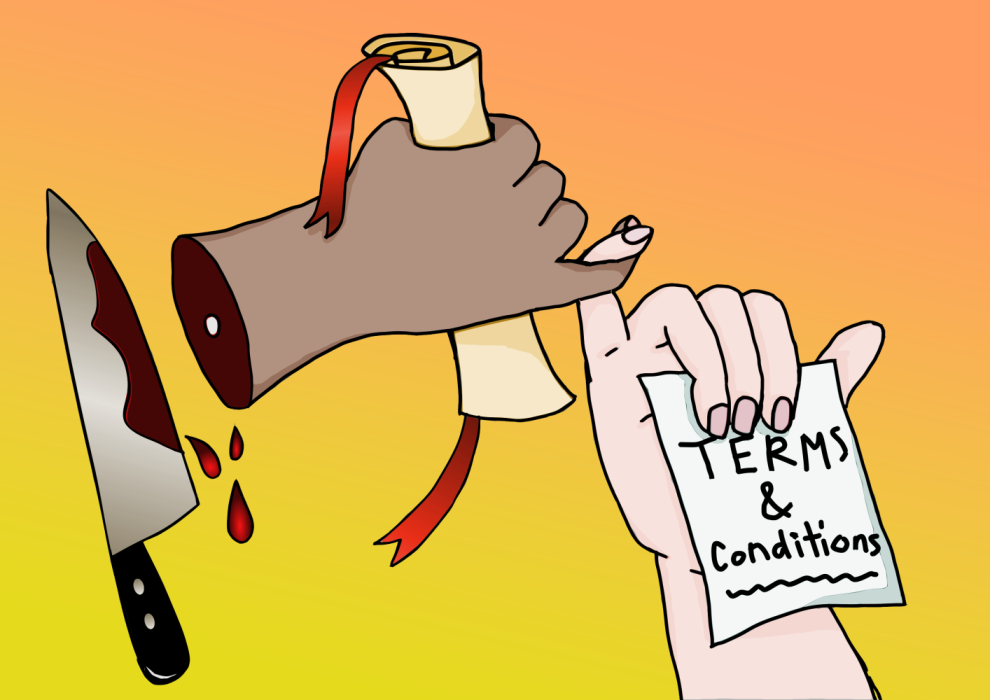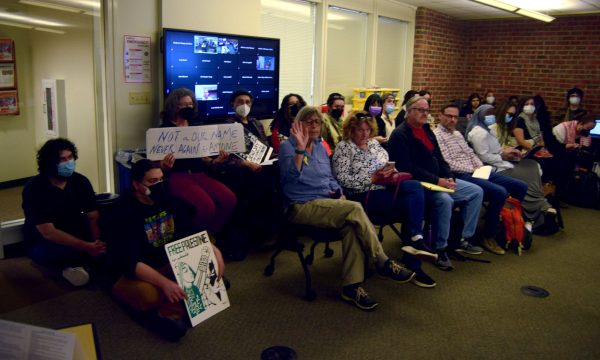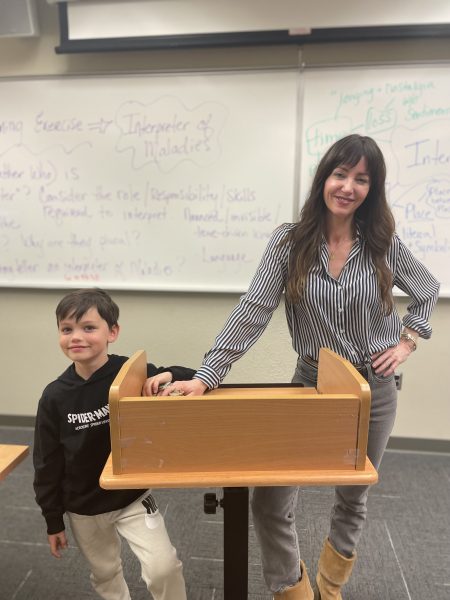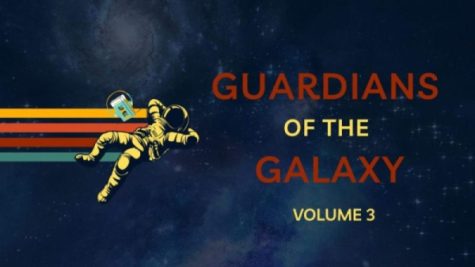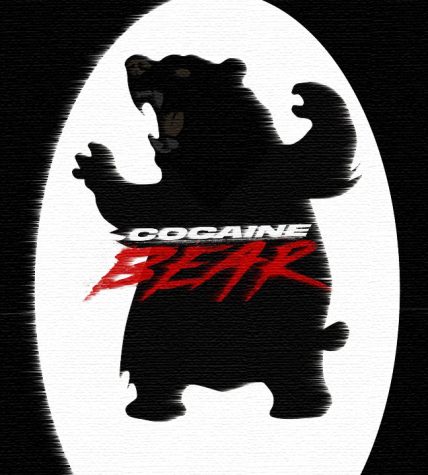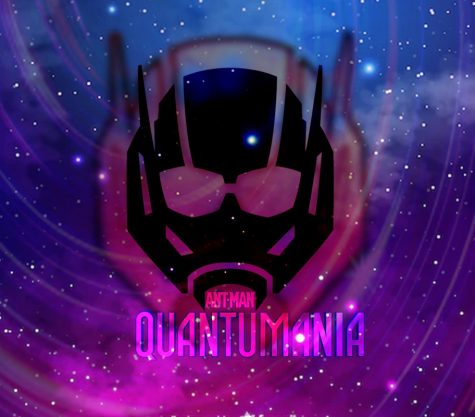Features: Kill the Messenger
October 17, 2014
“National security and crack cocaine in the same sentence, doesn’t that seem strange to you?”
Journalist Gary Webb (Jeremy Renner), asks this question in the Michael Cuesta film, “Kill the Messenger” starting an investigation that leads him to the biggest victory in his career and an even bigger downfall.
Based on a true story, the film follows Webb, a journalist for the San Jose Mercury News, who comes across a document indicating a connection between the CIA and drug smuggling. Webb soon suggests, in an attempt to fight against communism, the US government armed Contras in Nicaragua using money from cocaine sales in the US.
While previously an issue that was ignored by the media, Webb investigated and published a three-part series called “Dark Alliance” which exploded like a bomb in the press. After an extremely short lived victory, Webb’s series collapses under public criticism and takes his career with it.
The film itself is very clear and focused in what it sets out to do. Regardless of the importance of Webb’s discovery, the director wanted to keep focused on a colorful portrait of a truth seeking reporter who is zealous and passionate as opposed to the conflict between the CIA and Webb.
Renner is the epitomy of an imperfect man, played perfectly through his strong and emotional performance.
In the first part of the film, he appears as a confident adventurer and a cheerful father, while in the second part, the darker parts of his personality are revealed and the tension makes you dive into the despair and loneliness Webb feels.
The film is definitely worth watching. It is a high quality political thriller which can entertain and engage you into the pulpy action and drama.
It has historical value, capturing another Watergate. In this case, it was unsuccessful for the reporter, but not less significant.
“Kill the Messenger” is a film that sheds light on Webb’s side of the mess and finally brings attention to a story that, as Webb believed, was too true not to tell.



